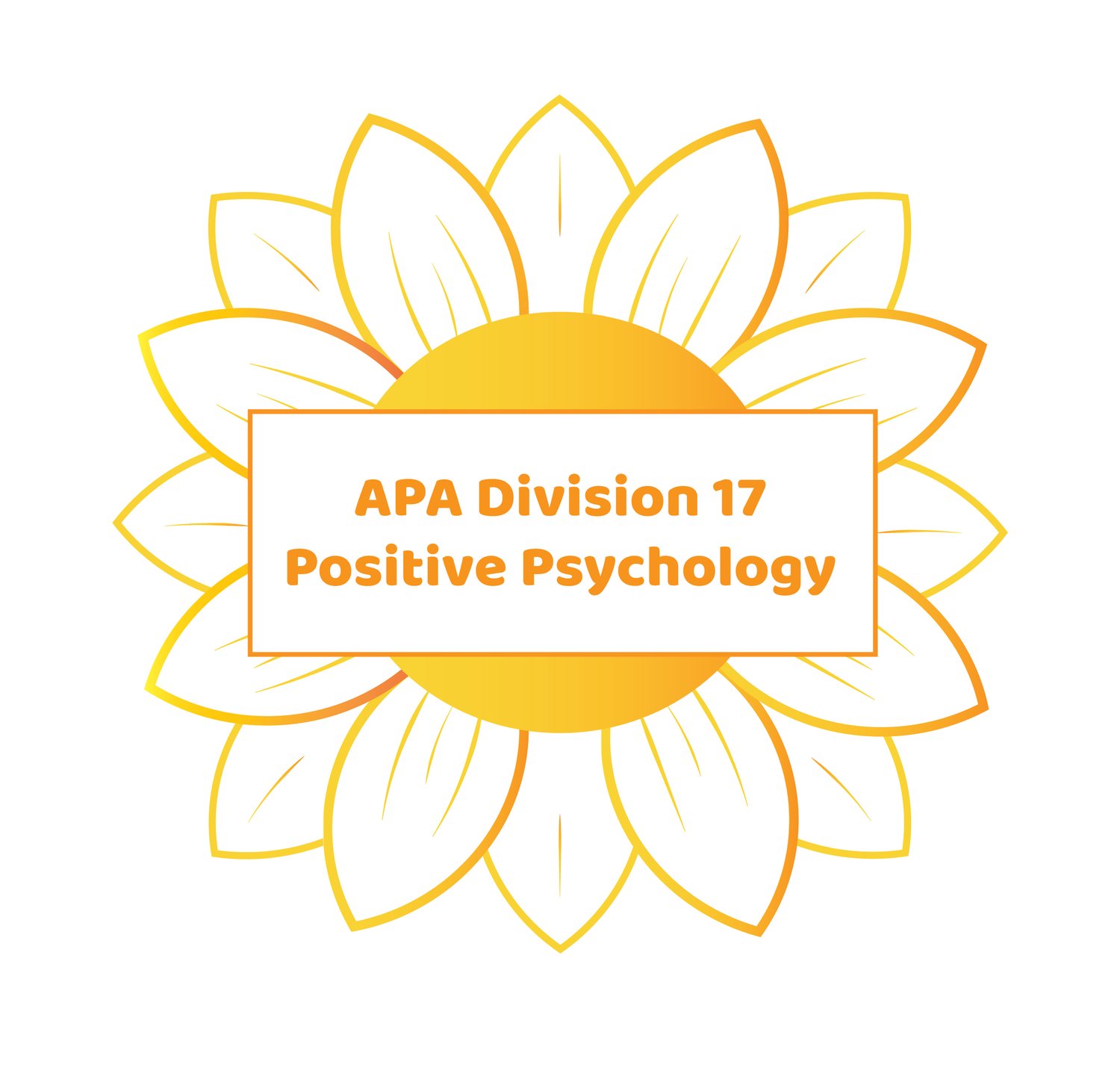Positive Psychology: Theory and Application is the official newsletter of the Section on Positive Psychology. The peer reviewed newsletter includes updates from section leadership, section events, and original articles by section members. Calls for submissions will be posted on the website and listserv. Below find our archive of past issues.
Featured Articles:
Integrating “Life Worth Living” Pedagogy into Counseling Psychology Framing of Positive Psychology
Embracing Emotions: An Exploration of Emotional Acceptance in Positive Psychology
Queering Positive Psychology: What Does Well-Being Look Like for LGBTQ+ Folx?
The Influence on University Students’ Optimism and Self-Esteem by Gratitude Journaling
And also…
News from the Chair
Treasurer Statement
Section Awards
Board Members
How to Become a Section Member
Call for Papers!
Hello everyone,
The APA Division 17 Section on Positive Psychology is seeking submissions for its peer-reviewed newsletter publication! The deadline to be considered for our next issue is June 1, 2025. Below you will find more information about the publication. (The newsletter can be an effective and efficient way to get a peer-reviewed publication without the lengthy wait-time often involved with many peer reviewed publications.) For any questions regarding the newsletter publication or your submission, please contact
Publication Editor, John Wade at jwade2@emporia.edu
Focus: We are inviting articles that discuss and/or apply positive psychology topics, including but not limited to compassion, well-being, purpose and meaning, and communal thriving.
Articles can be empirical or conceptual but should include an applied component, such as recommendations for practice, teaching, or social justice within counseling psychology and beyond.
Style and Format:The style of articles should be reader friendly, but balanced with research evidence. Articles should be between 900-1,000 words including the abstract and title but not references. Authors should include a title and abstract (up to 50 words) and a short bio (two to three sentences) with contact information. We also encourage authors to submit a headshot photo with their biography.
Additional Information: All work must be original and not published or are being considered elsewhere. We do not require membership in the Section on Positive Psychology, but it is encouraged. Authors will not be compensated for published articles.
Submission Instructions: Submissions can be turned in year-round, but the deadline for consideration to be included in the next issue is June 1, 2025. Submit complete articles in .docx format to John Wade at jwade2@emporia.edu
John Wade, Ph.D.
Roe R. Cross Distinguished Professor
Psychology Department
Director Clinical Psychology Program

